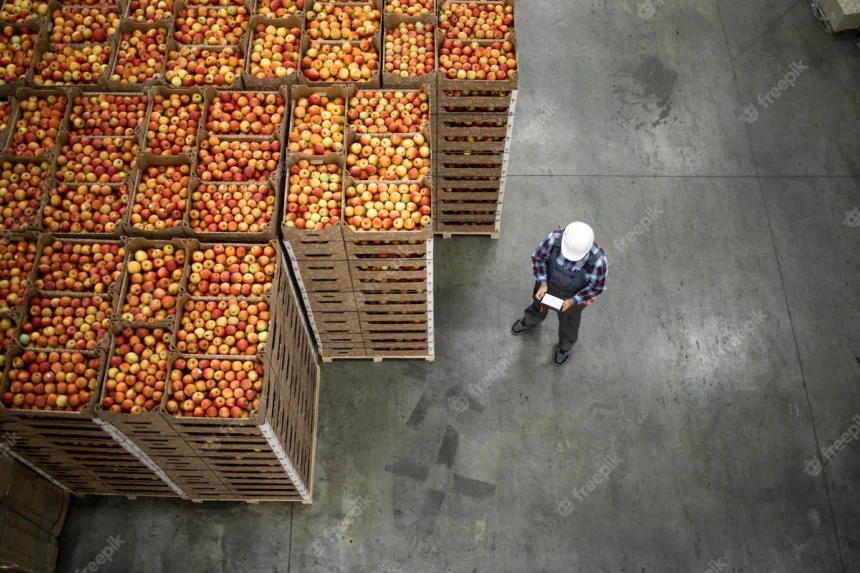Navigating intellectual property rights and trademarks in agroprocessing can be a complex task, but understanding the key concepts and processes can help you protect your innovations and brand. Here are some important points to consider:
- Intellectual Property (IP) Rights: a. Patents: Patents protect inventions, processes, or technologies that are new, useful, and non-obvious. In agroprocessing, you may seek patents for novel equipment, machinery, or manufacturing processes. b. Copyright: Copyright protects original artistic or literary works. While it may not directly apply to agroprocessing, it can cover accompanying materials like instruction manuals or marketing materials. c. Trade Secrets: Trade secrets encompass valuable confidential information, such as recipes, formulas, or manufacturing techniques. Implementing appropriate measures to maintain secrecy is crucial. d. Plant Variety Protection (PVP): PVP certificates can be obtained for new plant varieties that are distinct, uniform, and stable. This protection is particularly relevant to agroprocessing involving breeding or developing new plant varieties.
- Trademarks: a. Brand Names: Registering a trademark for your brand name, logo, or slogan helps protect your agroprocessed products’ identity and prevents others from using similar marks that could cause confusion in the marketplace. b. Geographical Indications (GI): GIs identify products originating from specific regions known for their quality, characteristics, or reputation. If your agroprocessed products are associated with a specific geographic location, obtaining GI protection can add value and prevent misuse.
Steps to Navigate IP Rights and Trademarks:
- Research Existing IP: Conduct a thorough search to ensure your innovation or trademark is not already protected by someone else. This can involve searching patent databases, trademark registries, and consulting with IP professionals.
- File Applications: If your research shows no conflicting IP rights, file applications for the relevant protections. Consult with an IP attorney or agent to ensure accurate and comprehensive applications.
- Maintain Confidentiality: Implement robust measures to maintain trade secrets and confidential information. Use non-disclosure agreements (NDAs) with employees, suppliers, or partners who may have access to sensitive information.
- Monitor and Enforce: Regularly monitor the market for any potential infringement of your IP rights or unauthorized use of your trademarks. Take prompt action to enforce your rights through legal means if necessary.
- International Considerations: If you plan to export or expand internationally, understand that IP rights are territorial. Consider filing for protection in relevant countries and consult with IP professionals well-versed in international IP laws.
- Seek Professional Assistance: Navigating IP rights and trademarks can be complex. Engaging an experienced IP attorney or agent can help ensure proper protection, advise on strategies, and handle any legal challenges that may arise.
Remember that the information provided here is general in nature and not a substitute for professional legal advice. Intellectual property laws can vary by jurisdiction, so consult with an IP attorney familiar with agroprocessing in your country or region to address your specific needs.







